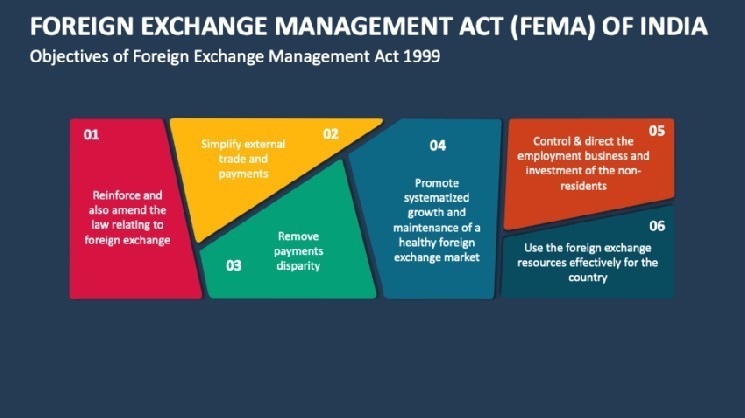$1M Crypto Seizure Sits in Limbo While Indian Officials Build a Case

India’s economic agency officials have discovered a cryptocurrency wallet worth almost $1 million while investigating a case against a man suspected of fraud and money laundering.
The wallet is supposedly controlled by Dubai-based entrepreneur-investor Vinod Khute.
The Uncertain Crypto Seizure
Reports claim that the crypto wallet can only make transactions three times per month. Meanwhile, the Enforcement Directorate (ED) suspects Khute of engaging in illegal activities. This includes launching his own cryptocurrency and siphoning off the proceeds. The ED will investigate the case and will likely seek action against Khute and associated entities.
However, a crypto seizure is challenging if it’s true that the wallet can only be operated in specific intervals. The ED is working to prevent Khute from emptying the wallet and is seeking technical assistance to secure the funds elsewhere. According to reports, officials formerly thought that the crypto seizure would be simple. The wallet’s connection to the owners’ bank account explains this. But that has not been the case.
A History of Confiscations
The Enforcement Directorate (ED), according to a report in the Indian Parliament in February, has made crypto seizures worth more than $100 million. Oftentimes, these cases involved violating the Foreign Exchange Management Act (FEMA).

Foreign Exchange Management Act (FEMA) of India. Source: Collidu
Cryptocurrency exchange WazirX was previously probed for money laundering and violations of foreign exchange rules. The Directorate of Enforcement investigated allegations that the exchange laundered over $350 million.
Crypto Seizures in Other Countries
According to recent reports, the UK government is considering giving the HM Revenue & Customs (HMRC) division authority for crypto seizure. It would include custodial wallets of companies evading taxes. The proposal spearheads revision in the Direct Recovery of Debts legislation to allow the HMRC to access custodial wallets and PayPal accounts.
The U.S. Internal Revenue Service (IRS) is also aggressively pursuing cryptocurrency tax evasion and has sent agents abroad to assist law enforcement agencies fighting financial crimes using cryptocurrencies. In 2024, the IRS will receive $80 billion for enforcement activities, including initiatives to monitor client transactions of cryptocurrency brokers.
Meanwhile, the FBI and Ukrainian authorities have targeted nine cryptocurrency exchanges in the United States on suspicion of money laundering and lax Know Your Customer (KYC) procedures. In a separate incident, the U.S. Department of Justice (DoJ) made a crypto seizure of $112 million from six accounts associated with pig butchering scams.






 Bitcoin
Bitcoin  Ethereum
Ethereum  Tether
Tether  USDC
USDC  TRON
TRON  Dogecoin
Dogecoin  Cardano
Cardano  Bitcoin Cash
Bitcoin Cash  Monero
Monero  Chainlink
Chainlink  LEO Token
LEO Token  Stellar
Stellar  Zcash
Zcash  Litecoin
Litecoin  Hedera
Hedera  Dai
Dai  Cronos
Cronos  Tether Gold
Tether Gold  OKB
OKB  Ethereum Classic
Ethereum Classic  KuCoin
KuCoin  Gate
Gate  Cosmos Hub
Cosmos Hub  Algorand
Algorand  Dash
Dash  VeChain
VeChain  Tezos
Tezos  Stacks
Stacks  TrueUSD
TrueUSD  Decred
Decred  IOTA
IOTA  Theta Network
Theta Network  Basic Attention
Basic Attention  NEO
NEO  Synthetix
Synthetix  Qtum
Qtum  DigiByte
DigiByte  0x Protocol
0x Protocol  Ravencoin
Ravencoin  Zilliqa
Zilliqa  Nano
Nano  Siacoin
Siacoin  Numeraire
Numeraire  Waves
Waves  Enjin Coin
Enjin Coin  Ontology
Ontology  Status
Status  BUSD
BUSD  Hive
Hive  Pax Dollar
Pax Dollar  Lisk
Lisk  Steem
Steem  Huobi
Huobi  OMG Network
OMG Network  Bitcoin Gold
Bitcoin Gold  NEM
NEM  Augur
Augur